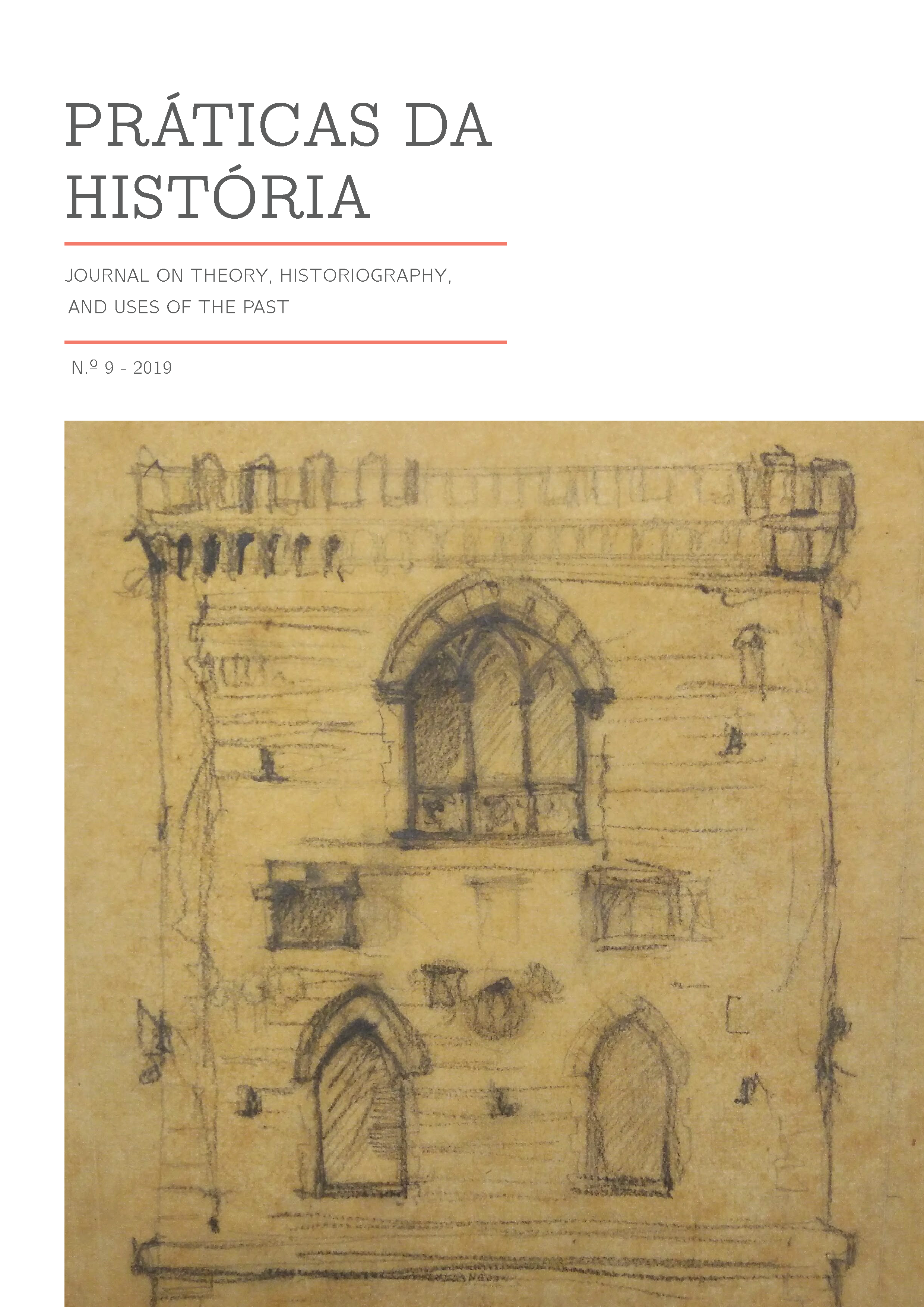DEUS VULT? Crusade Apologists, Historians and “Abortive Rituals” in the 1999 Reconciliation Walk to Jerusalem
DOI :
https://doi.org/10.48487/pdh.2019.n9.22363Mots-clés :
Crusades , apologies , reconciliation , historyRésumé
The nine-hundredth anniversary of the First Crusade (1095-99) saw hundreds of evangelical Western Christians trace the route of the medieval expedition apologising to local communities for the violence of the crusades. The Reconciliation Walk embodied an active and direct engagement with the crusading past and an attempt to defuse its perceived toxic legacies. The criticisms of the walk by crusade historian Jonathan Riley-Smith went beyond factual disagreement and illustrate tensions at the interface of popular and academic perceptions of the past.This article revisits Michel-Rolph Trouillot’s analysis of the rhetorical structure of an historical apology and his application to the Reconciliation Walk to reveal the ways in which both the organisers of the walk and their critics constructed continuities and discontinuities between communities over time. Rather than agreeing with Trouillot that the walk constituted an “abortive ritual”, I suggest that the performance and reception of the apology demonstrate the affective power of perceptions of the past, and reinforce the need for historians to take these – often factually inaccurate – collective memories seriously in considering the presentist significance of the past.



